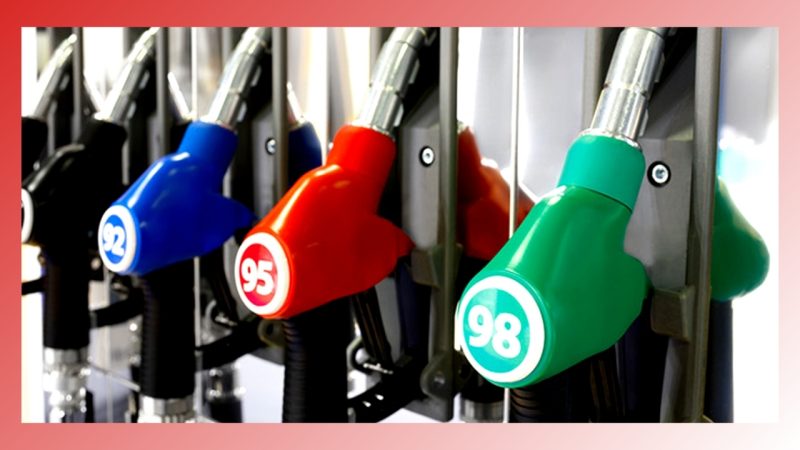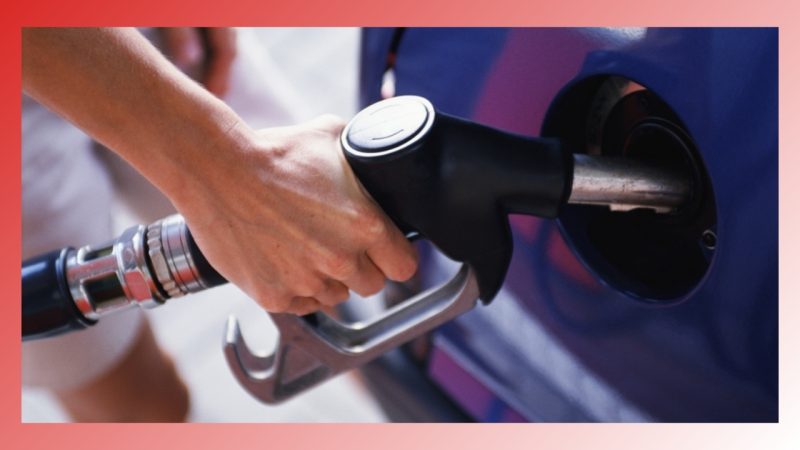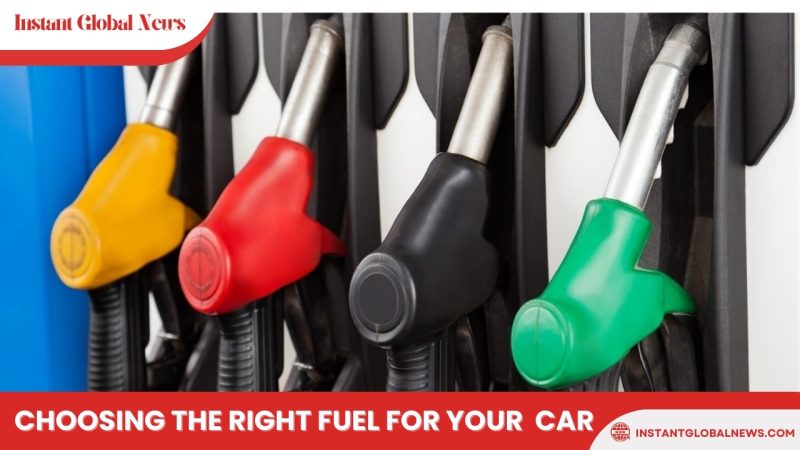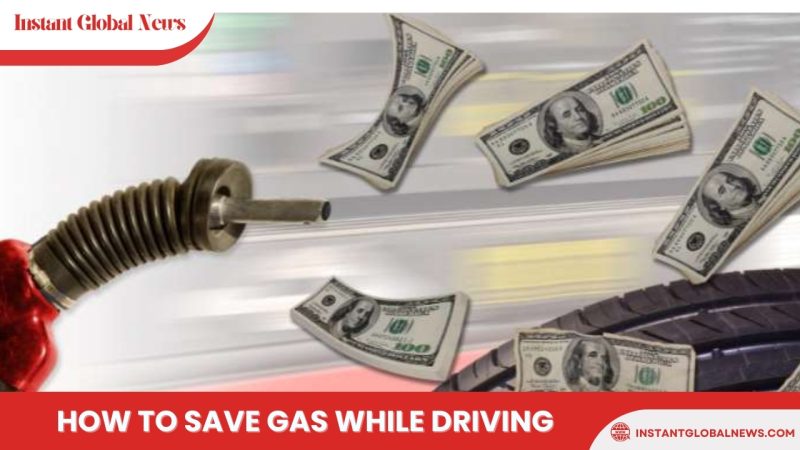Choosing the right fuel for your car is essential to ensure optimal performance and prevent any potential damage to the engine. With various octane numbers available in the market, it’s crucial to understand which fuel is suitable for your car’s compression ratio. In this article, we will explore different octane ratings and their recommended usage for car engines.
88 Octane: Regular Gasoline
In countries like the United States and Indonesia, regular gasoline typically has an octane rating of 88. In Indonesia, it is commonly known as Premium gasoline. This type of gasoline is suitable for engines with compression ratios ranging from 7:1 to 9:1.
90 Octane: Pertalite
In Indonesia, gasoline with an octane rating of 90 is branded as Pertalite. It is recommended for engines with compression ratios of 9:1 to 10:1.
92 Octane: Pertamax, Super, and Primax
Gasoline with an octane rating of 92 is available in Indonesia under different brands such as Pertamax, Super, and Primax. This type of gasoline is advisable for car engines with compression ratios of 10:1 to 11:1.

95 Octane: Pertamax Plus, Super Extra, and Primax
Gasoline with an octane rating of 95 is known in Indonesia under the brands Pertamax Plus, Super Extra, and Primax. It is suitable for car engines with compression ratios of 11:1 to 12:1. However, Pertamax Plus has been replaced by Pertamax Turbo with an octane rating of 98.
98 Octane: Pertamax Turbo
Gasoline with an octane rating of 98 is branded as Pertamax Turbo in Indonesia. It is advisable for engines with compression ratios above 12:1. Despite its higher octane rating, Pertamax Turbo remains relatively affordable compared to other high-octane fuels.
Using fuel that does not match your engine’s compression ratio can have serious consequences. Here are some potential issues:
- High Compression Ratio with Low Octane Fuel: When an engine with a high compression ratio is given lower octane gasoline, it can lead to detrimental effects on the engine’s performance.
- Low Compression Ratio with High Octane Fuel: Forcing an engine with a low compression ratio to use higher octane gasoline can result in fuel wastage. The fuel may not combust optimally, leading to reduced power output and increased pollution.
- Low Compression Ratio with Low Octane Fuel: Car engines with low compression ratios should use fuel with a lower octane number. Using higher octane fuel can lead to incomplete combustion and decreased power output, as well as increased pollutant emissions.
- High Compression Ratio with Low Octane Fuel: If an engine with a high compression ratio uses lower octane fuel, it can cause pre-ignition. This not only decreases power output but also leads to higher fuel emissions and potential damage to the engine’s components.
It is important to refer to your car owner’s manual to determine your engine’s compression ratio. Choosing the right fuel for your car engine’s specifications is essential for optimal performance and longevity. Remember, selecting fuel based on prestige alone can lead to serious engine issues, including piston damage and persistent knocking.
For more information on fuel efficiency and tips on how to save fuel for your car, check out our website Instant Global News!

FAQs
Q: How can I determine my car engine’s compression ratio?
A: You can find the information about your car engine’s compression ratio in the owner’s manual or by consulting with a qualified mechanic.
Q: Is it necessary to use high-octane fuel for my car if it has a low compression ratio?
A: No, it is not necessary to use high-octane fuel for a car with a low compression ratio. Using fuel with the appropriate octane rating is sufficient for optimal performance.
Q: Can using improper octane fuel damage my car’s engine?
A: Yes, using improper octane fuel can potentially lead to engine damage, including piston damage and persistent knocking.
Conclusion
Choosing the right fuel for your car is crucial for its overall performance and longevity. Understanding your car engine’s compression ratio and selecting fuel with the appropriate octane rating is essential. By using the right fuel, you can optimize your car’s performance and prevent potential engine issues. Remember to consult your car owner’s manual or a qualified mechanic for specific recommendations based on your vehicle’s specifications.




